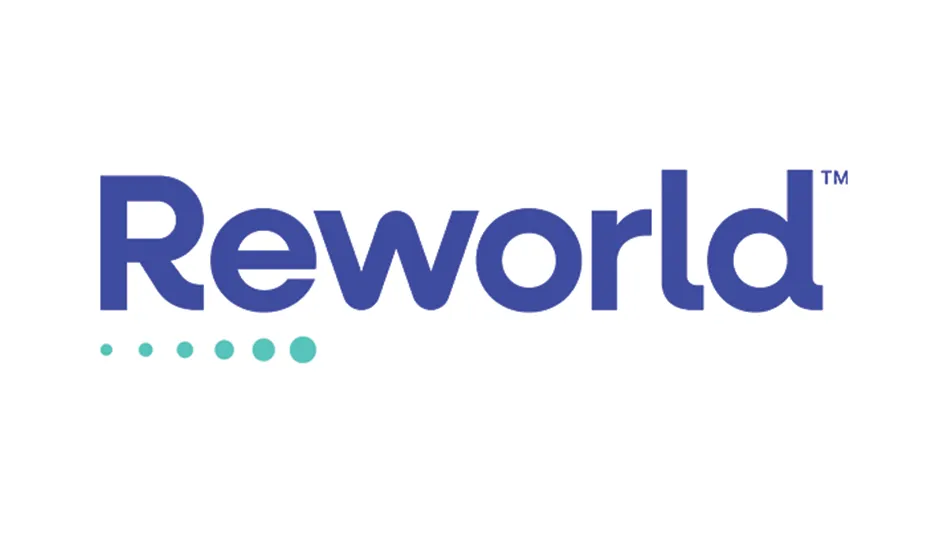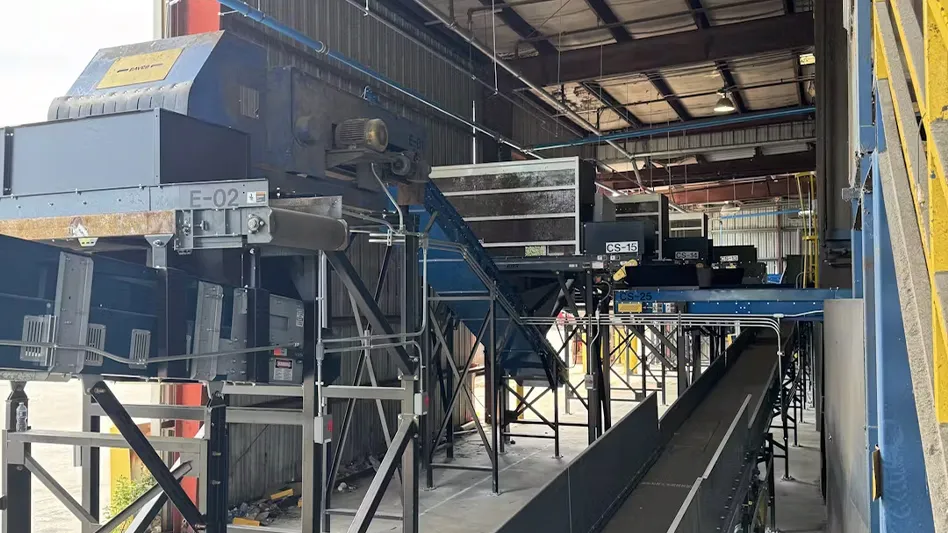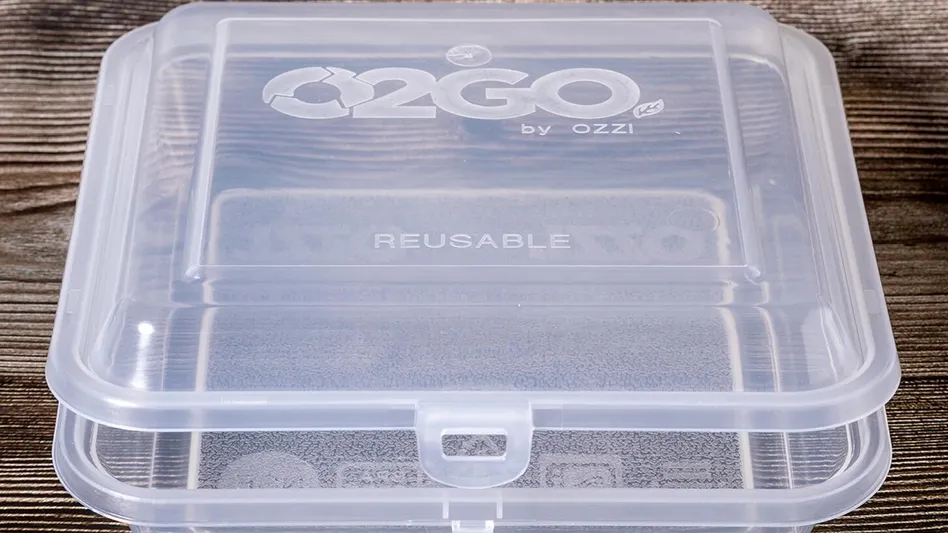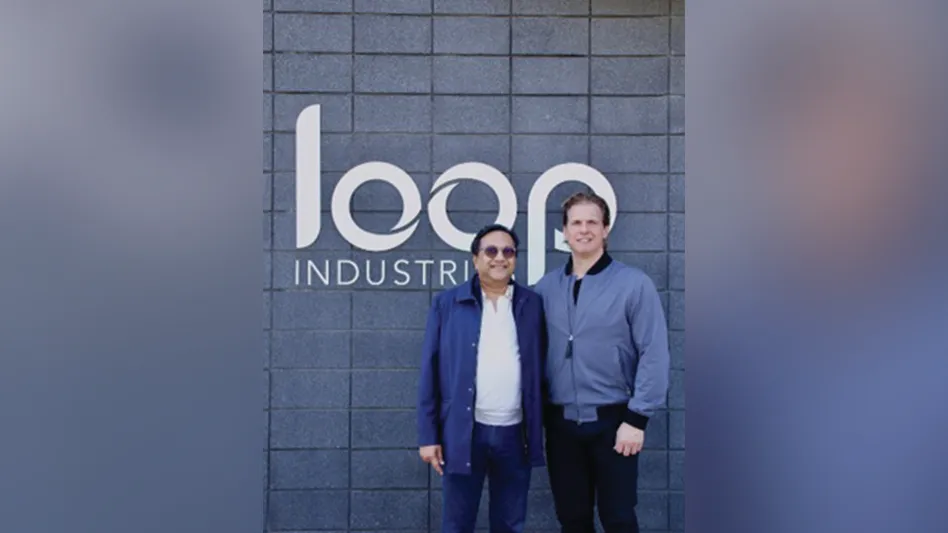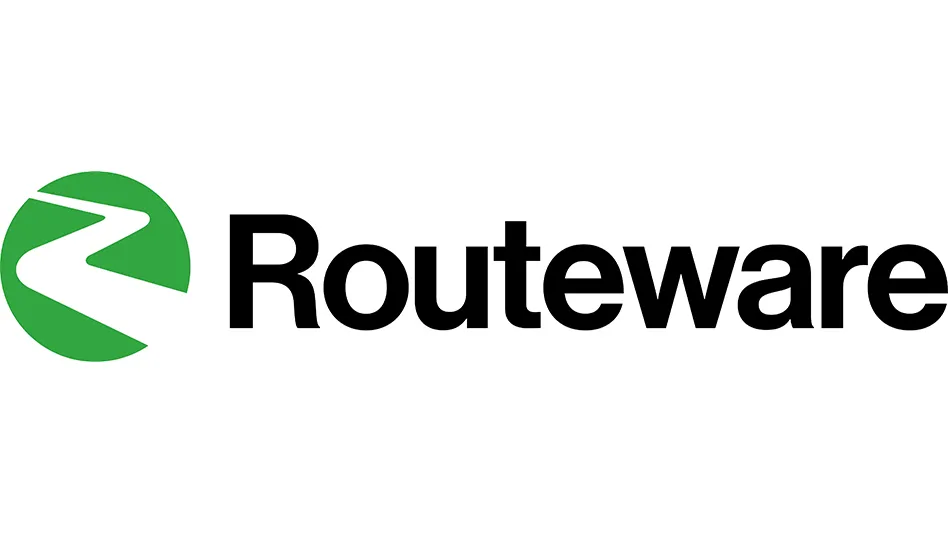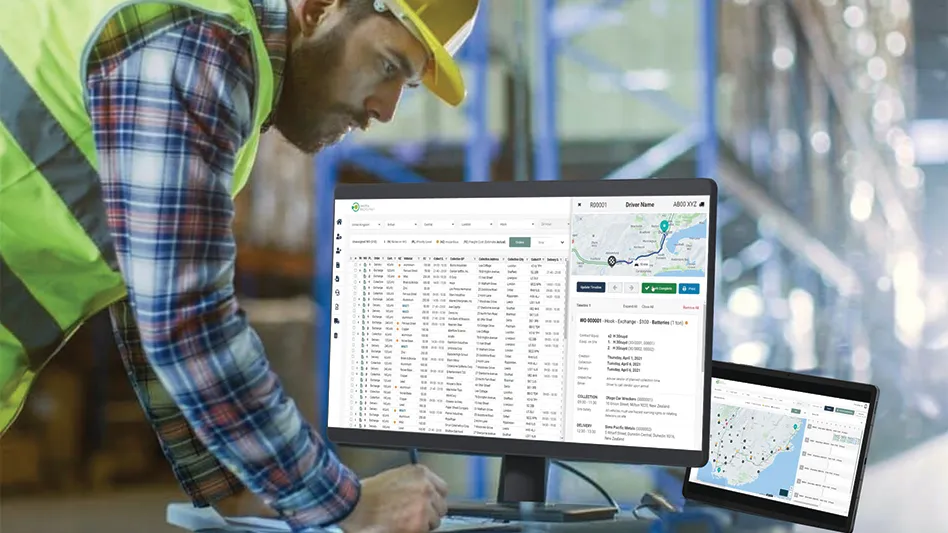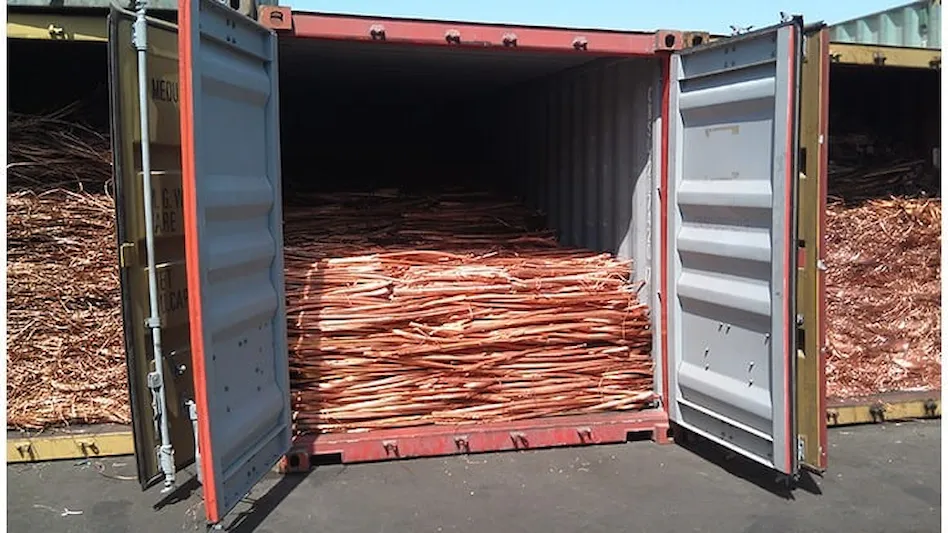
Photo by Brian Taylor.
As circular economy goals, targets and policies have been announced and hinted at in the European Union, some recyclers have warned of signs that policymakers in Brussels might be considering export bans on scrap materials. Those warnings appear to have been distressingly on target.
A letter dated Oct. 26 and obtained by Recycling Today is from a consortium of 27 trade associations and more than 260 companies who all have signed on to a direct message to five EU officials, including Frans Timmermans, the executive vice president for the European Green Deal.
The letter, which lists Brussels-based European Recycling Industries’ Confederation (EURIC) as its lead author, has as its subject line “Protecting free, fair and sustainable trade for raw materials from recycling (RMR) – A substantiated call from the European recycling industry.”
The nine-paragraph letter portrays what the consortium sees as likely unintended consequences on an export ban of scrap or RMR, which in the EU is still (anachronistically, critics contend) defined as waste for regulatory purposes.
Such a ban would lower prices and reduce incentives to collect discarded metal, paper and plastic, the group says, with subsequent ripple effects.
Removing Europe from global secondary commodity markets would, the group says, “negatively impact the competitiveness of RMR and thus give an extra advantage to extracted raw materials, whose negative externalities [CO2 emissions, land usage and sizable residues resulting from mining] are not internalized in market prices, and which are not subject to any trade restriction under EU law.”
The group continues, “Due to the absence of competitive end-markets for RMR, the incentive to collect, recycle, and invest to scale up recycling capacities will drop, thus putting at risk the ability to achieve present recycling targets set by legislation.”
EURIC and the other 260-plus signatories close the letter by asking the high-level Brussels officials to consider three actions to maintain the health of Europe’s recycling industry: 1) forego a “one-size-fits-all” solution on exports and instead concentrate on “untreated problematic waste streams;” 2) “uphold intra-EU and extra-EU free and fair trade of RMR, which is essential to the competitiveness of the European recycling industry;” and 3) “implement a stable legislative framework with a proper classification for RMR and incentives to reward the environmental benefits of circular materials.”
Metal recycling corporate signatories to the letter include Germany-based ALBA, Scholz and Cronimet; France-based Derichebourg; United Kingdom-based EMR Ltd.; Belgium-based Galloo; Netherlands-based Oryx; and Sweden-based Stena Metal. Large-volume recovered fiber and plastics recycling companies that signed on include France-based Paprec Group; Germany-based Documentus; and the U.K.-based The Recycling Association.
Latest from Recycling Today
- Cyclic Materials expands leadership team
- Paper cup acceptance at US mills reaches new milestone
- EPA announces $3B to replace lead service lines
- AMCS showcasing Performance Sustainability Suite at WasteExpo
- New Way and Hyzon unveil first hydrogen fuel cell refuse truck
- Origin Materials introduces tethered PET beverage cap
- Rubicon selling fleet technology business, issuing preferred equity to Rodina Capital
- Machinex to feature virtual tour of Rumpke MRF at WasteExpo
